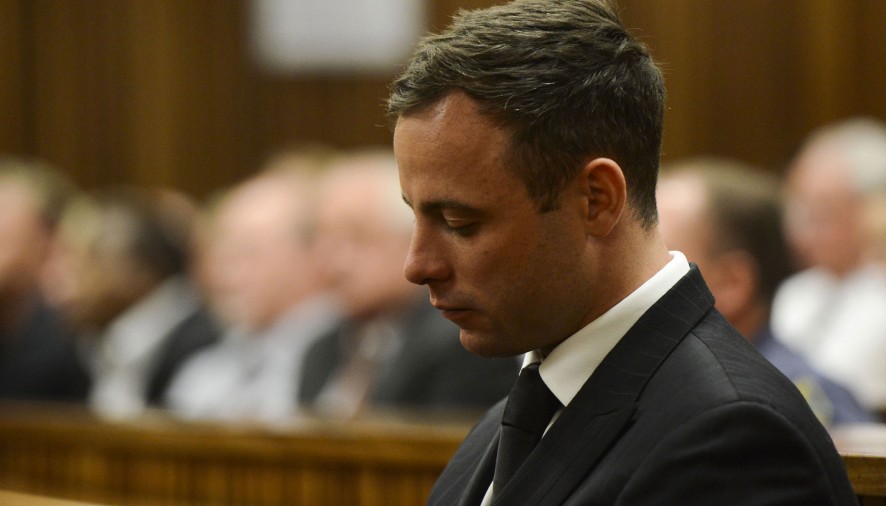Oscar Pistorius has changed the face of Paralympic sport, reaching a level of celebrity usually deemed unattainable for disabled athletes. His devastating descent has been extensively documented by the press with his trial broadcast on an international scale. The harsh reality is that what Pistorius did is not out of the ordinary in South Africa, where 49 people are murdered every single day. So what has placed this crime so heavily in the media spotlight is Pistorius himself. Viewed by many as an inspiration to all Paralympic athletes, does Pistorius’ crime make his contribution to sport irrelevant? Can he remain a hero or should his previous achievements be forgotten?
Arguably, they shouldn’t. The London 2012 Paralympics were watched by 1 billion more people than the Beijing games in 2008. Obviously this is not down to one man, but Pistorius played a huge part in the rise of Paralympic sport and this has to be acknowledged.
I would never regard celebrity culture as a good thing, but athletes are no doubt worthy of the praise they receive. We are repeatedly taught to worship those with fame and fortune but not necessarily those who work hard. To be an elite athlete takes extreme sacrifice and dedication. To be a Paralympic athlete and do all of that with far less hope of recognition is even more admirable. However, this does not make these people immune to criticism. We cannot continue to praise those who perpetrate acts of violence. If we do the we are aguably valuing their lives over those they have hurt.
The IPC has ruled that Pistorius can run again in 2019. That’s only five years after his conviction. If he is allowed to compete again so soon, what does that say about how seriously his crime is being taken? South Africa’s Centre for the Study of Violence and Reconciliation allows and encourages re-employment. But if the convicted person is so in the limelight the consequences change. Pistorius has inspired many, but in doing so has gained the responsibility of being a role model. As the impact of his achievements is amplified by fame, so is the impact of his crime.
So, if the question is whether his crime lessens his contribution to Paralympic sport, then we have an answer: no. His convictions came after his achievements, which cannot be reversed. But what is less answerable is whether he should now be allowed to go on to achieve more in the sport. Whether it is right for him to still be considered a role model within his field. Once his sentence has run its course is his return to sport something that just has to be accepted? Perhaps whether he can still be admired in the way he was before is something we will never be able to answer.
Claire Wilsher
Image source: The Independent

